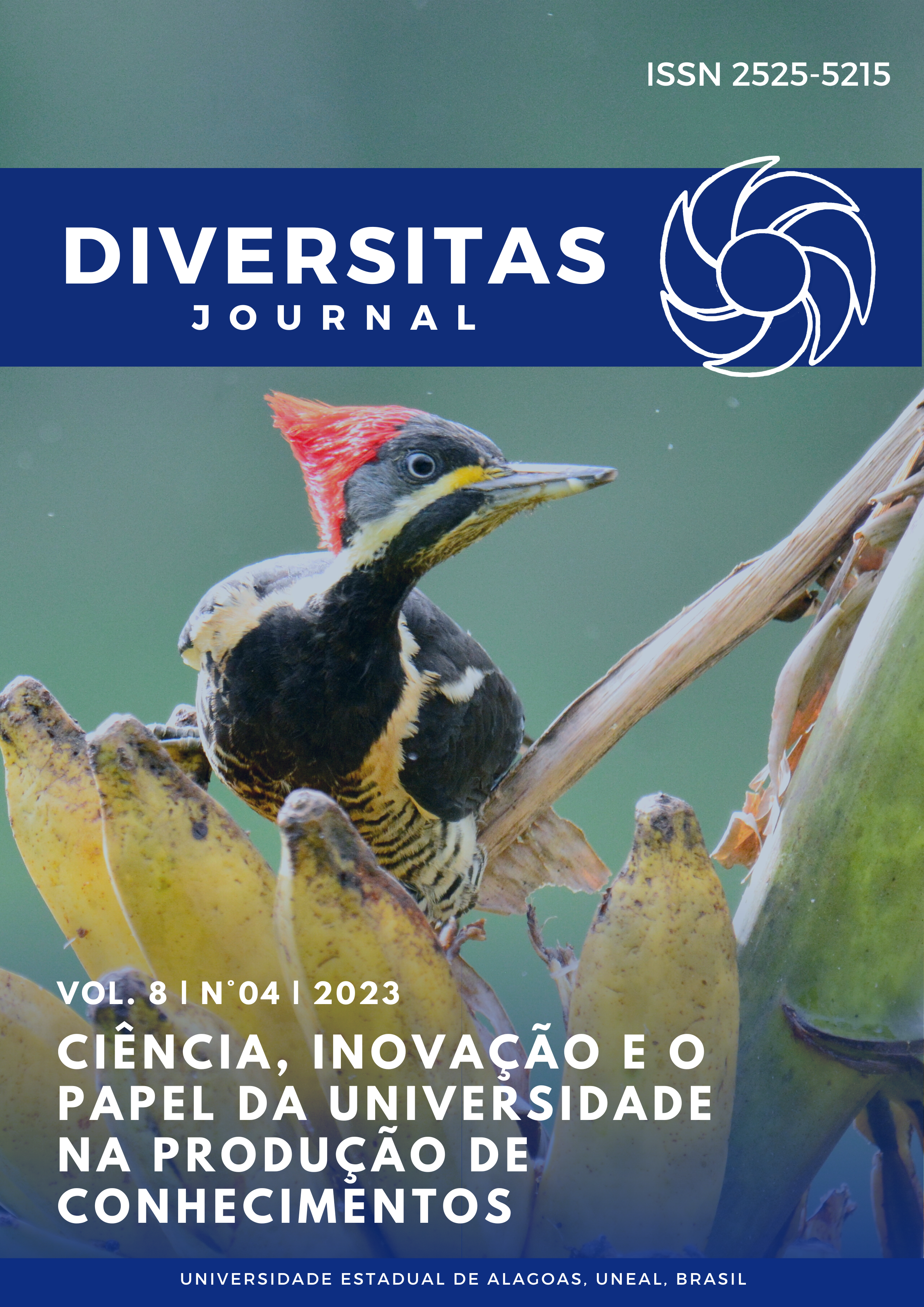Exploring Gender Roles in Myanmar's Civil Society Organizations
A Qualitative Analysis
DOI:
https://doi.org/10.48017/dj.v8i4.2772Keywords:
Gender equality, Gender roles, civil society organizations, civil society, organizations, ethnicities, MyanmarAbstract
This study delves into the perceptions of gender roles within civil society organizations across Myanmar's diverse ethnic states. Employing qualitative methods, the research draws upon subjects identified in collaboration with the Center for Development and Ethnic Studies, with a focus on gender conscientization through focused-group discussion, seminars and workshops. The analysis reveals common themes across different ethnicities, spanning socio-political, economic, educational, cultural, and religious dimensions, all rooted in the Convention on the Elimination of all Forms of Discrimination Against Women. Findings show that culture and religion significantly influence gender roles, with men often perceiving themselves as superior decision-makers in various spheres, while women tend to be relegated to domestic roles. However, ongoing efforts in education, socio-politics, and economics are gradually challenging these stereotypes within Myanmar's civil society organizations.
Metrics
References
Asian Development Bank. (2016). Gender Equality and Women’s Rights in Myanmar. A Situation Analysis. UN DP, UNPF and the UN Entity for Gender Equality and the Empowerment of Women. Philippines. Retrieved from: https://www.adb.org/sites/default/files/institutional-document/209596/gender-equality-womens-rights-myanmar.pdf
Bowen, D.L.; Hudson, V.M.; Nielsen, P.L. (2015). State Fragility and Structural Gender Inequality in Family Law: An Empirical Investigation. Laws 2015, 4, 654-672. https://doi.org/10.3390/laws4040654
Chaney, P. (2016). Civil Society and Gender Mainstreaming: Empirical Evidence and Theory-Building from Twelve Post-Conflict Countries 2005–15, World Development, Volume 83, 2016, Pages 280-294, ISSN 0305-750X. https://doi.org/10.1016/j.worlddev.2016.01.010
Dahal, P., Joshi, S.K. & Swahnberg, K. A qualitative study on gender inequality and gender-based violence in Nepal. BMC Public Health 22, 2005 (2022). https://doi.org/10.1186/s12889-022-14389-x
Domingo, P., Holmes, R., Rocha Menocal, A. and Jones, N. with Bhuvanendra, D. and Wood, J. (2013) Assessment of the Evidence of Links between Gender Equality, Peacebuilding and State building. Literature Review. London: Overseas Development Institute.
Hudson, V.M. et.al., (2012). Sex and World Peace. Columbia University Press. Retrieved from: https://www.feminist.com/resources/hudsonexcerpt.html
Finnish Government. (2020). Speech by Prime Minister Sanna Marin at the UN’s International Women’s Day Event in New York. Retrieved from: https://valtioneuvosto.fi/en/-//10616/paaministeri-sanna-marinin-puhe-yk-n-kansainvalisen-naistenpaivan-tilaisuudessa- new-yorkissa
Gender Equality Network and Global Justice Center. (2016). Shadow Report on Myanmar for the 64th Session of Committee on the Elimination of Discrimination against Women. CEDAW – UN Committee on the Elimination of Discrimination Against Women. Retrieved from: https://www.ecoi.net/en/document/1024331.html
Lou, A. (2023). Critical Discourse Analysis | Definition, Guide & Examples. Retrieved from: https://www.scribbr.com/methodology/discourse-analysis/
Mägi, E. et. al. (2016). Gender awareness and attitudes toward gender equality among students participating in teacher training. Praxis Centre for Policy Studies. Retrieved from: https://eha.ut.ee/wpcontent/uploads/2016/04/6_06_magi_biin_trasberg_kruus_summary.pd
National Academies of Sciences, Engineering, and Medicine. 2018. Addressing the Social and Cultural Norms That Underlie the Acceptance of Violence: Proceedings of a Workshop — in Brief. Washington, DC: The National Academies Press. https://doi.org/10.17226/25075.
Noma, E., Aker, D., and Freeman, J. (2012). Heeding Women's Voices: Breaking Cycles of Conflict and Deepening the Concept of Peacebuilding. Journal of Peacebuilding Development. Vol. 7, Issue 1, Pages 7-32. https://doi.org/10.1080/15423166.2012.719384
SAGE. (2016, March 9). How have gender stereotypes changed in the last 30 years?. ScienceDaily. Retrieved July 5, 2023 from www.sciencedaily.com/releases/2016/03/160309082804.htm
The Transnational Institute. (2016). No Women, No Peace: Gender Equality, Conflict and Peace in Myanmar. Myanmar Policy Briefing. Retrieved from: https://www.tni.org/files/publication-downloads/myanmar_briefing_18.pdf
Thomson Reuters Foundation. (2021). Men In Cambodia men step to stop violence against women. Retrieved from https://www.scmp.com/yp/discover/lifestyle/features/article/3119432/cambodian-men-step-stop-violence-against-women
United nations General Assembly. (1979). Convention on the Elimination of All Forms of Discrimination against Women. United Nations. New York. Retrieved from: https://www.ohchr.org/en/instruments-mechanisms/instruments/convention-elimination-all-forms-discrimination-against-women
Villanueva, L., & A Bert, G. (2023). Analysis on Code Switching Manifested by Filipino High School Teachers. Diversitas Journal, 8(3). https://doi.org/10.48017/dj.v8i3.2669
Villanueva, LB. et. al. (2023).Societal Issues and Conditions in the Stories “The Happy Prince” and “the Giving Tree”: A Sociocultural Criticism. Russian Law Journal. Retrieved from: https://russianlawjournal.org/index.php/journal/article/view/2361
Wilber, K. (2000). A theory of everything: An integral vision for business, politics, Science and spirituality. Boston, MA: Shambhala.
Zalis, S. (2018). Lessons from the World’s most Gender-equal countries. Retrieved from: https://www.forbes.com/sites/shelleyzalis/2018/10/30/lessons-from-the-worlds-most-gender-equal-countries/?sh=13133ee27dd8
Downloads
Published
How to Cite
Issue
Section
License
Copyright (c) 2023 Janelyn I. Agbayani

This work is licensed under a Creative Commons Attribution 4.0 International License.
The Diversitas Journal expresses that the articles are the sole responsibility of the Authors, who are familiar with Brazilian and international legislation.
Articles are peer-reviewed and care should be taken to warn of the possible incidence of plagiarism. However, plagiarism is an indisputable action by the authors.
The violation of copyright is a crime, provided for in article 184 of the Brazilian Penal Code: “Art. 184 Violating copyright and related rights: Penalty - detention, from 3 (three) months to 1 (one) year, or fine. § 1 If the violation consists of total or partial reproduction, for the purpose of direct or indirect profit, by any means or process, of intellectual work, interpretation, performance or phonogram, without the express authorization of the author, the performer, the producer , as the case may be, or whoever represents them: Penalty - imprisonment, from 2 (two) to 4 (four) years, and a fine. ”


















